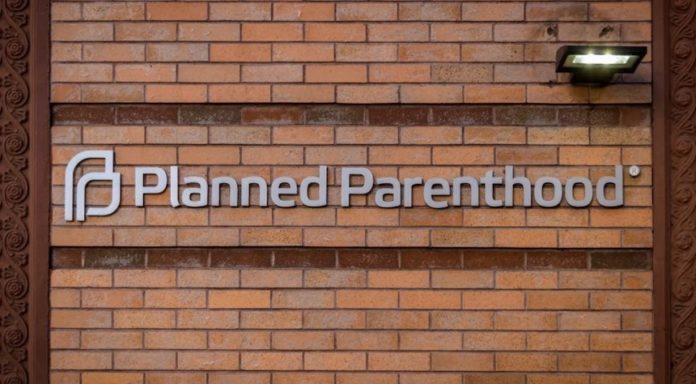Planned Parenthood announced Thursday that it will invest $5 million in North Carolina’s midterm elections to support pro-abortion Democrat nominees.
Planned Parenthood Votes North Carolina and Planned Parenthood Act PAC North Carolina plan to use the funds to run ads, mail banks, phone banks, and canvassing within 14 legislative swing districts.
Emily Thompson, Planned Parenthood Action PAC North Carolina’s deputy director, stressed that the organization is working to prevent a Republican supermajority from the general assembly. Thompson stated that the campaign’s focus is on five Senate races.
Thompson stated that if we do not elect five state Senate candidates who are reproductive rights champions, an anti-abortion supermajority in North Carolina will have the votes necessary to ban abortion. “And if two crucial North Carolina Supreme Court seats are not protected, we will lose the last line of defense against restrictive state legislation designed to rob our right to make our health care decisions.”
Funds will also be funneled to the U.S. Senate race and two races for state Supreme Court.
The organization announced in August that it would invest $50 million in the U.S. midterm elections. This was to ensure abortion access in the battleground states.
Planned Parenthood is investing in North Carolina’s races as part of a larger campaign effort. According to the Associated Press, the national campaign is the most extensive electoral program ever.
The organization hopes to keep the governor’s veto power in North Carolina, which would allow him to block any potential restrictions on abortion. Five seats are needed to hold a supermajority of the general assembly.
Although Election Day is still several weeks away, absentee voting in the state has already begun.
U.S. District Judge William Osteen Jr. restored North Carolina’s 20-week abortion ban on August 17. Democratic Governor Roy Cooper, a pro-life advocate, criticized the decision and said he disagreed.
Cooper stated that abortion beyond 20 weeks is extremely rare. It occurs when there is a serious health emergency or diagnosis. “Denying women medical attention in extremely threatening and life-threatening situations is fundamentally wrong and we can’t allow politicians to mislead the public about the true consequences of this harmful law.”




